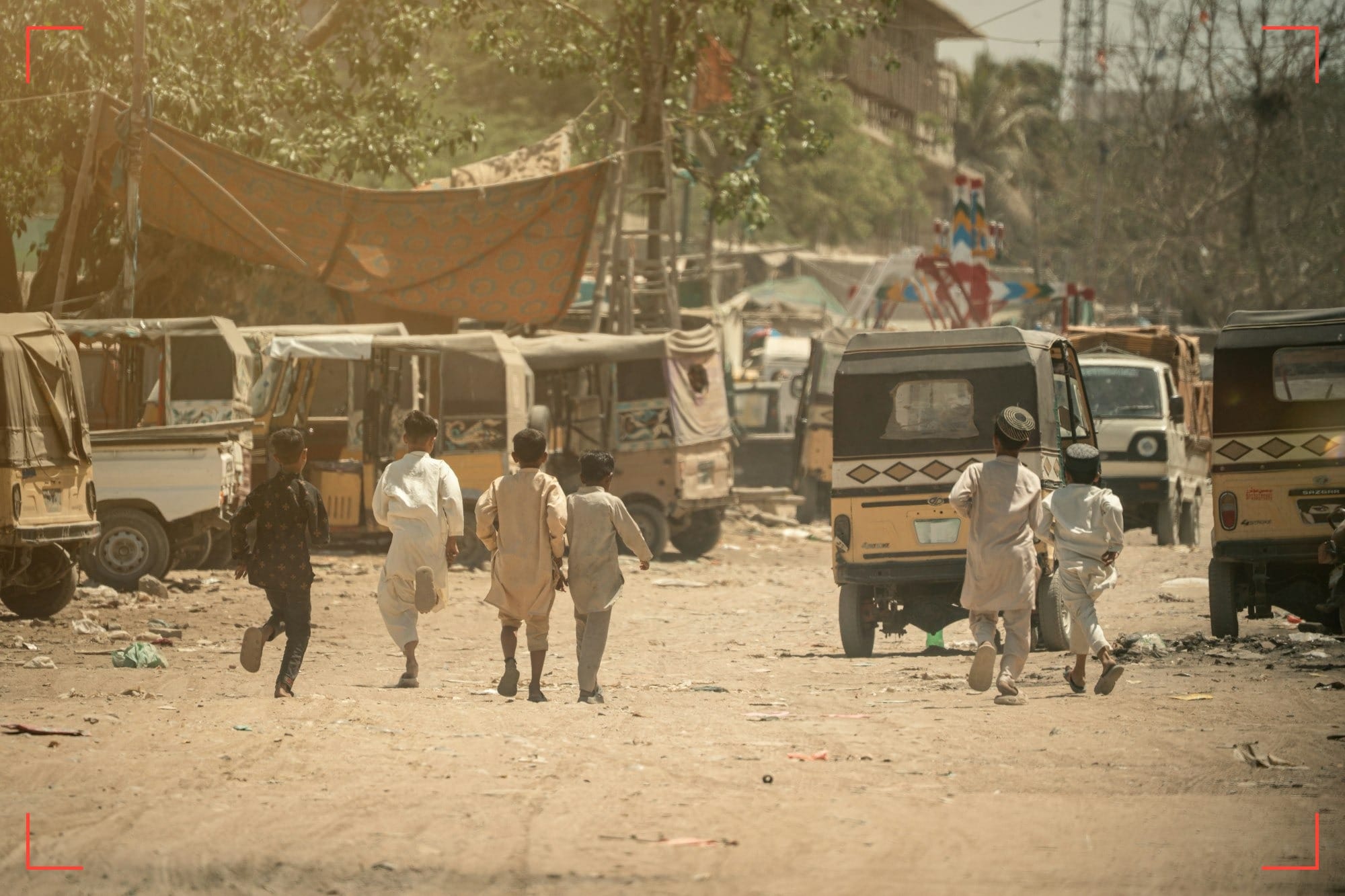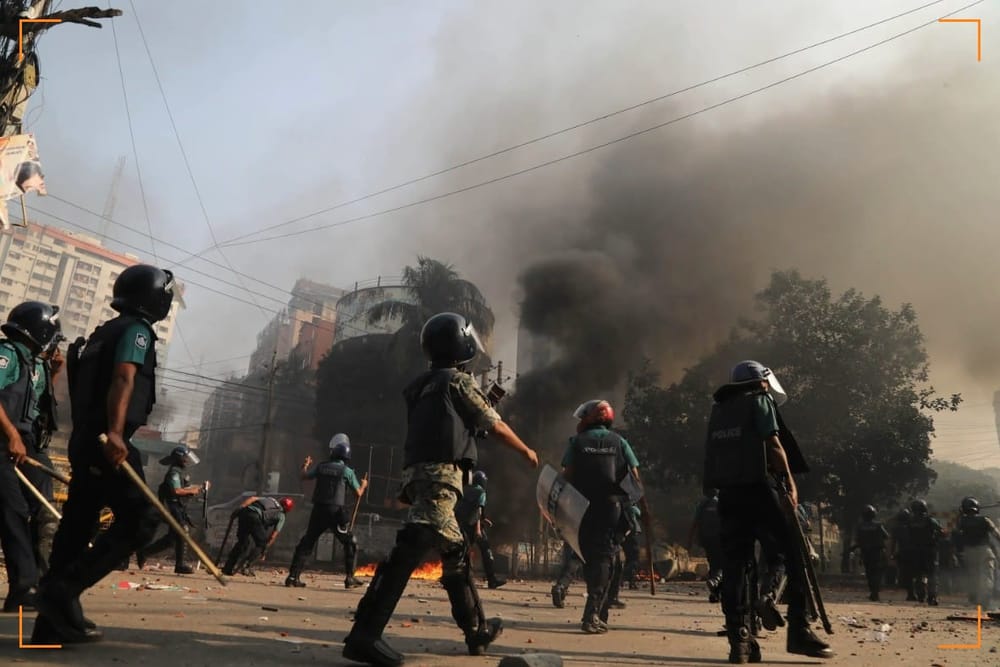Flashpoint Kashmir: The Breakdown of Bilateral Stability Between India and Pakistan SpecialREPORT MAY 2025

Report Details
Initial Publish Date
Last Updated: 7 MAY 2025
Report Focus Location: South Asia
Authors: DP, ZR
Contributors: GSAT
GSAT Lead: MF
RileySENTINEL provides timely intelligence and in-depth analysis for complex environments. Our global team blends international reach with local expertise, offering unique insights to navigate challenging operations. For custom insights or urgent consultations, contact us here.
Key Findings
- On April 22, a deadly attack in Indian-administered Kashmir killed 26 civilians, triggering the sharpest military escalation between India and Pakistan in over two decades.
- India officially announced Operation Sindoor as a “counterterrorism” act on 7 May 2025 at around 1:44 PM New Delhi Time (GMT+5:30).
- The operation was launched 8 days after the warning statement from Pakistan’s Information Minister Attaullah Tarar regarding a possible Indian attack, which was issued on April 29.
- Pakistan responded by claiming to shoot down five Indian warplanes and vowed retaliation, while casualties mounted on both sides of the Line of Control (LoC). The Pakistan Armed Forces claimed to have shot down five Indian Air Force warplanes, reportedly identified by several sources as three Rafales, one MiG-29, and one Su-30.
- As of May 7, casualties reported include 26 dead and over 46 injured on the Pakistan side, and at least 12 dead and 57 injured on the Indian side. India has conducted 24 airstrikes across several areas under Pakistani sovereignty, hitting critical infrastructure such as mosques.
- Diplomatic ties deteriorated rapidly: India froze the Indus Waters Treaty, suspended visa agreements, and closed key crossings; Pakistan severed trade and downgraded diplomatic channels.
- The Kashmir conflict has evolved from a territorial dispute into a multidimensional security crisis, involving water politics, proxy violence, and nationalist governance.
- Water security emerged as a major flashpoint, with India leveraging river flow control as strategic pressure against Pakistan, risking long-term resource conflict.
- Civilian infrastructure, including mosques and populated areas, was hit in retaliatory strikes—raising concerns over proportionality and civilian protection.
- Military hotline communication was reactivated briefly, offering a narrow window for crisis management and deconfliction.
- The airspace closure and diplomatic rupture disrupted regional trade and aviation routes, with global carriers rerouting to avoid Pakistani airspace.International stakeholders including the U.S., China, and Russia have called for restraint, but no coordinated peace initiative has yet materialized.
Summary
On April 22, violence surged when armed assailants targeted a group of Indian travelers in Kashmir, resulting in the deaths of 25 Indian citizens and one individual from Nepal. The Indian government pointed fingers at Pakistan, accusing it of offering safe haven to the perpetrators and detained two Pakistani nationals connected to the incident. Pakistan denied all allegations, and its defense officials went so far as to claim the attack might have been orchestrated to frame them.
No organization has been linked to the assault, although a group calling itself the Kashmir Resistance posted an online statement claiming responsibility.
Following the attack, reciprocal retaliations have significantly deteriorated the already fragile relationship between the two nations. India responded first by scaling down diplomatic engagement, freezing the long-standing Indus Waters Treaty, ending a mutual visa exemption policy, and sealing off the Attari land crossing. Pakistan, in response, dismissed the treaty’s suspension and warned that interference with its water supply would be considered an act of aggression. Both countries closed their airspace to each other's airlines, additionally, Islamabad withdrew a special visa arrangement for Indians, and cut off bilateral trade relations. Currently, global carriers such as Air France and Lufthansa are avoiding Pakistani airspace.
Tensions escalated on early May 7, when India launched missile strikes on targets within Pakistan and the Pakistan-administered region of Kashmir. According to Indian officials, the strikes aimed at nine sites believed to house terrorist infrastructure, allegedly linked to last month’s deadly assault on Hindu tourists. In retaliation, Pakistan claimed to have shot down five Indian aircraft and vowed a strong response, marking the most intense military confrontation between the two nuclear-armed neighbors in over twenty years.
Remaining content is for members on Charter Member only.
Please subscribe to Charter Member and unlock this article and more content.
Subscribe Now





